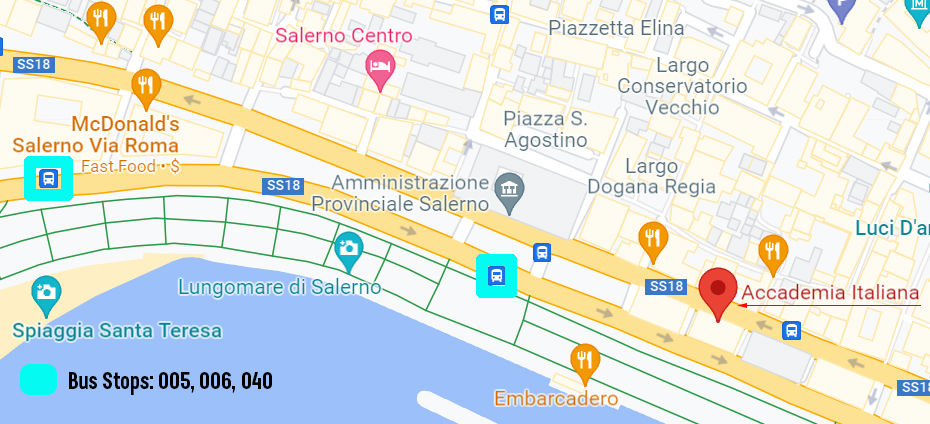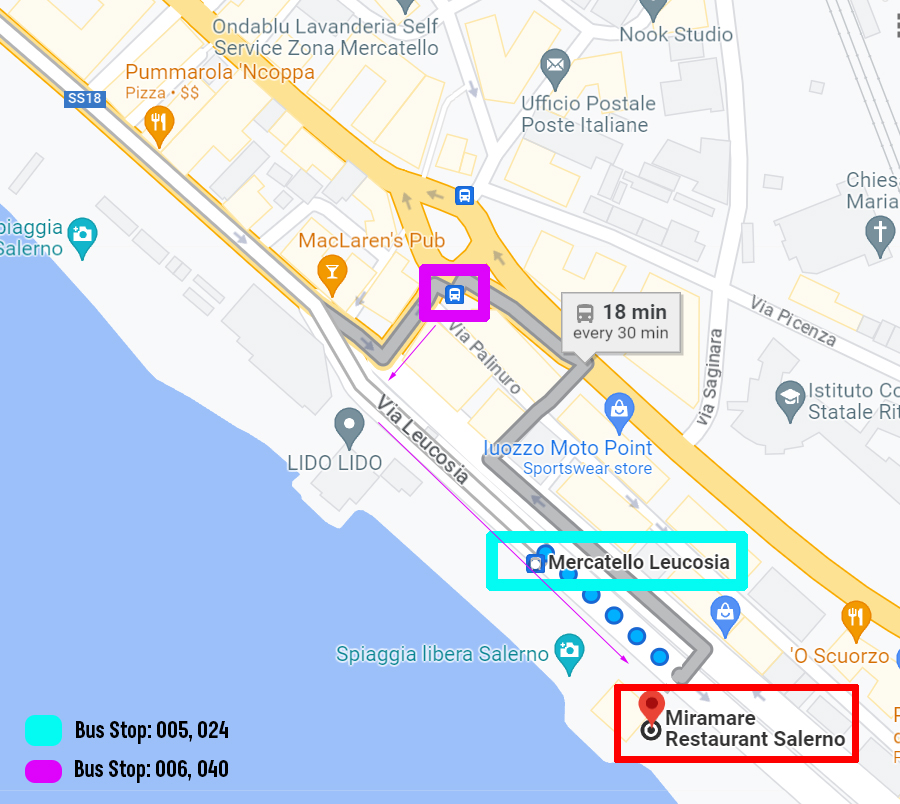Welcome to this Study Abroad program! You have a Canvas page for your reflections, but this page is good to have in case Canvas goes down and you need some information.
Overview
- City as Text
- Prompts/Assignments
- Public Transportation
- Technical Communication Example (Naples to Salerno PDF)
City as Text
Simply put, a city-as-text approach means the place is your “textbook.” You can read and interpret a place based on the artifacts. We went to Pompeii and saw what we traditionally consider to be “artifacts,” but a living city also reflects cultural ideology. If you want a full(er) discussion on ideology, the Italian philosopher Antonio Gramsci would be a good place to start, but that’s a bit more than we’ll be focusing on. Come see me in a future class for further discussion on ideology, hegemony, and rhetoric.
The video I linked to in Canvas on City as Text shows a final project from a class (not mine) that looked at Charlotte. Perhaps one or several of you are savvy enough to create a similar video on your experiences. Instead of just a culminating video, consider doing several shorter videos related to excursions, beach going, and dining out…or cooking! I don’t think you’re utilizing your kitchens enough.
Prompts
In the courses I teach, I have two semester-wide assessments for nearly all classes: participation and discussion posts. Participation is pretty much covered when you go to the Italian language classes, do the excursions, and maneuver through the city, our text. That leaves discussions as the more typical assignment. Just like the face-to-face and online traditional courses I teach, I want you to reflect on prompts I give. Some prompts will be very specific (reflect on this excursion), and others will be much more amorphous (recall an instance where you subconsciously navigated a situation where you didn’t translate English to Italian to English but, instead, just spoke). Whichever type I present, don’t worry about answering THE question; instead, consider them guides.
Although I’m a pen-and-paper kind of person, I don’t want to impose that on you. If you’re more comfortable posting online or creating videos, please do so. I don’t want to limit your practice and/or expression, but, of course, I want you to always remember the city is our text, and we’re here to analyze the communication situations we observe.
Experience with Public Transportation
You’ve all ridden the train and perhaps have gotten on a bus. I recommend getting on the Busitalia bus here in Salerno before jumping on the one in Rome. I have mostly seen school kids (middle and high school) on the bus, and it’s an experience trying to get on and off the bus. The good news is that we’re all tall here (well, almost all of us), so we can see over the crowd easily. The bus stops below are close to the McDonald’s, Spiaggia Santa Teresa, and the school. I suggest using Google Maps to figure out when the bus will come to what stop and bring you where you want to go.
Just remember that Google is on top of normal operating hours for the bus, but the holiday schedule (e.g., La Festa della Repubblica Italiana) might not be updated.


Suggested Routes
These are just suggestions, and I’m happy to accompany you on your first or second bus adventure. More information on Busitalia is at their site.
- To Spiaggia libera Salerno (near Miramare Ristorante)
Busitalia 005 or 006 (there and back) - To Bar Picnic (across from Signora Pummarulè, Via Luigi Liguori, 1, 84135 Salerno SA)
Start at the bus stop Garibaldi Tribunale, which is in front of Panificio Arte in Grani, Corso Giuseppe Garibaldi, 166, 84122 Salerno SA
Going there—Busitalia 010, 011, 014, 020, and 022 and get off at Irno Station and walk
Returning—Busitalia 021, which drops you off at Piazza (P.za) XXIV Maggio, so you have a slight walk back
I’ll add more, but, when you find good places, let me know. Make your own adventure on the bus, and reflect on the experience. What exactly? Everything! The process getting on and off, the people, the driver quality, finding the stop request button, etc. If you’re going to shop, consider the time of day and the number of bags you’ll have. The proprietor (la proprietaria) of Bar Picnic speaks no English. She sews and comes to the bar to serve customers. She may seem standoffish at first, but, once you engage her, she’s quite a lovely person. But don’t just go to talk! Buy a coffee and/or gelato.